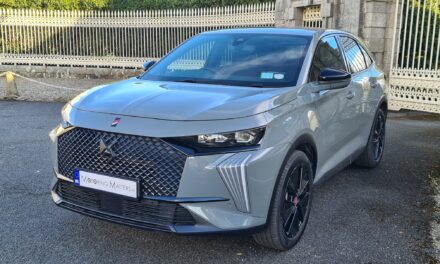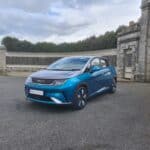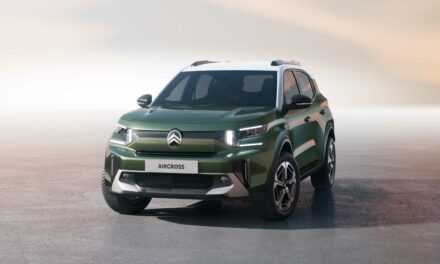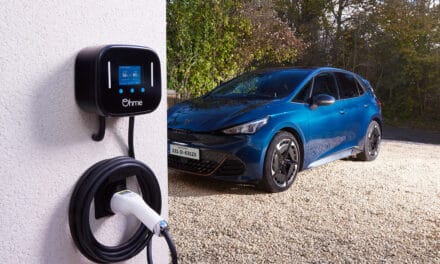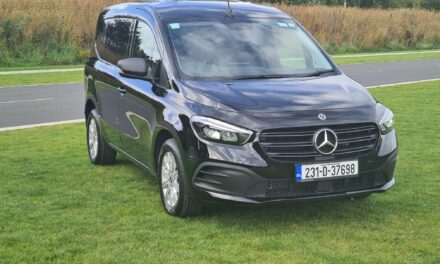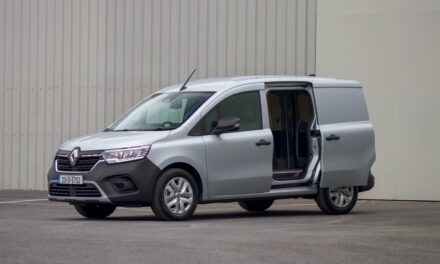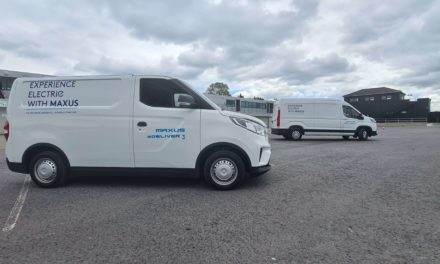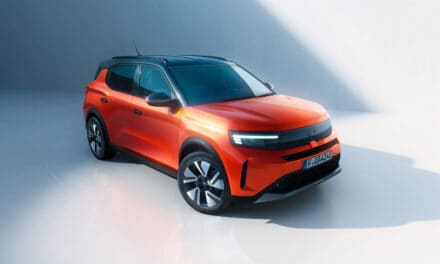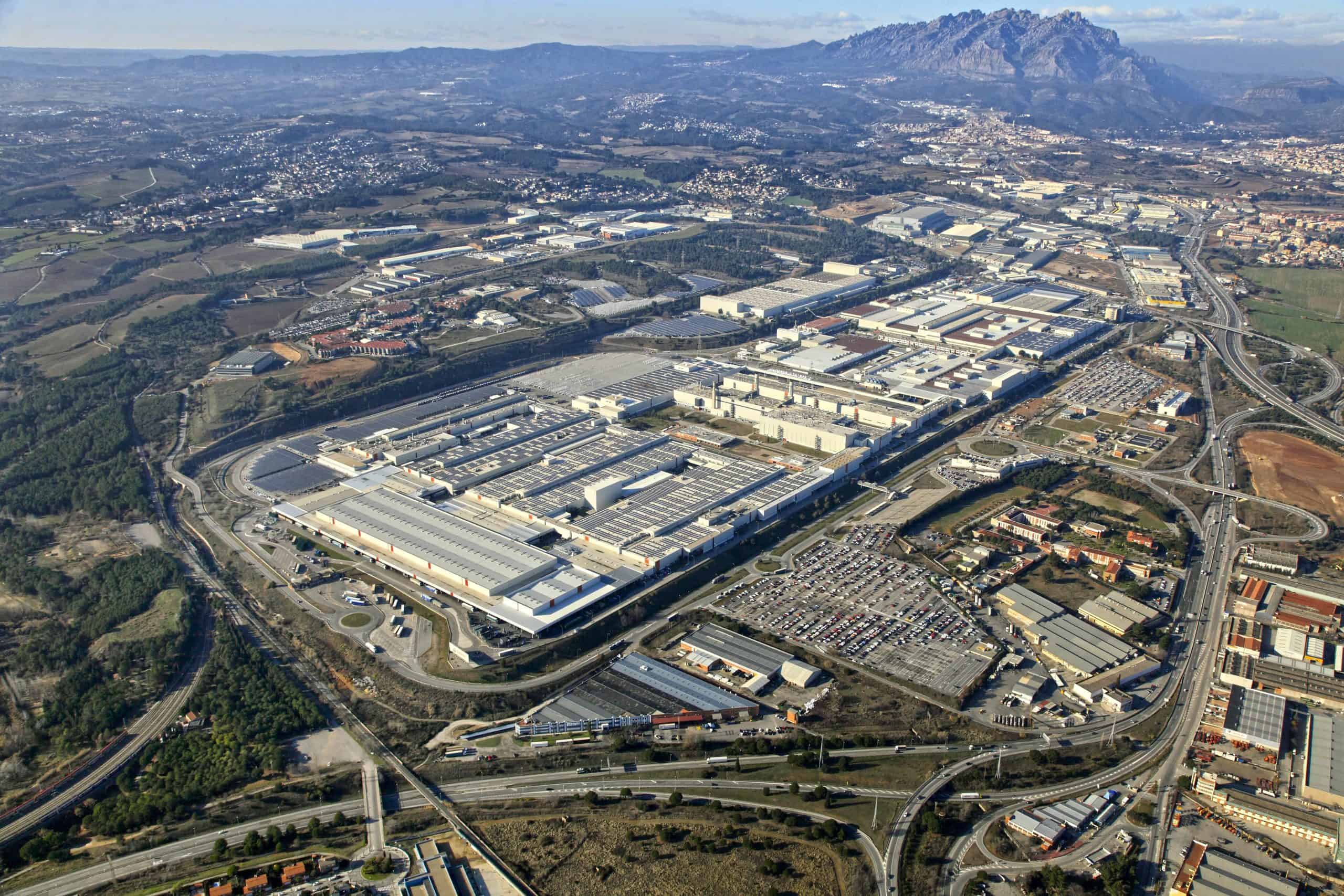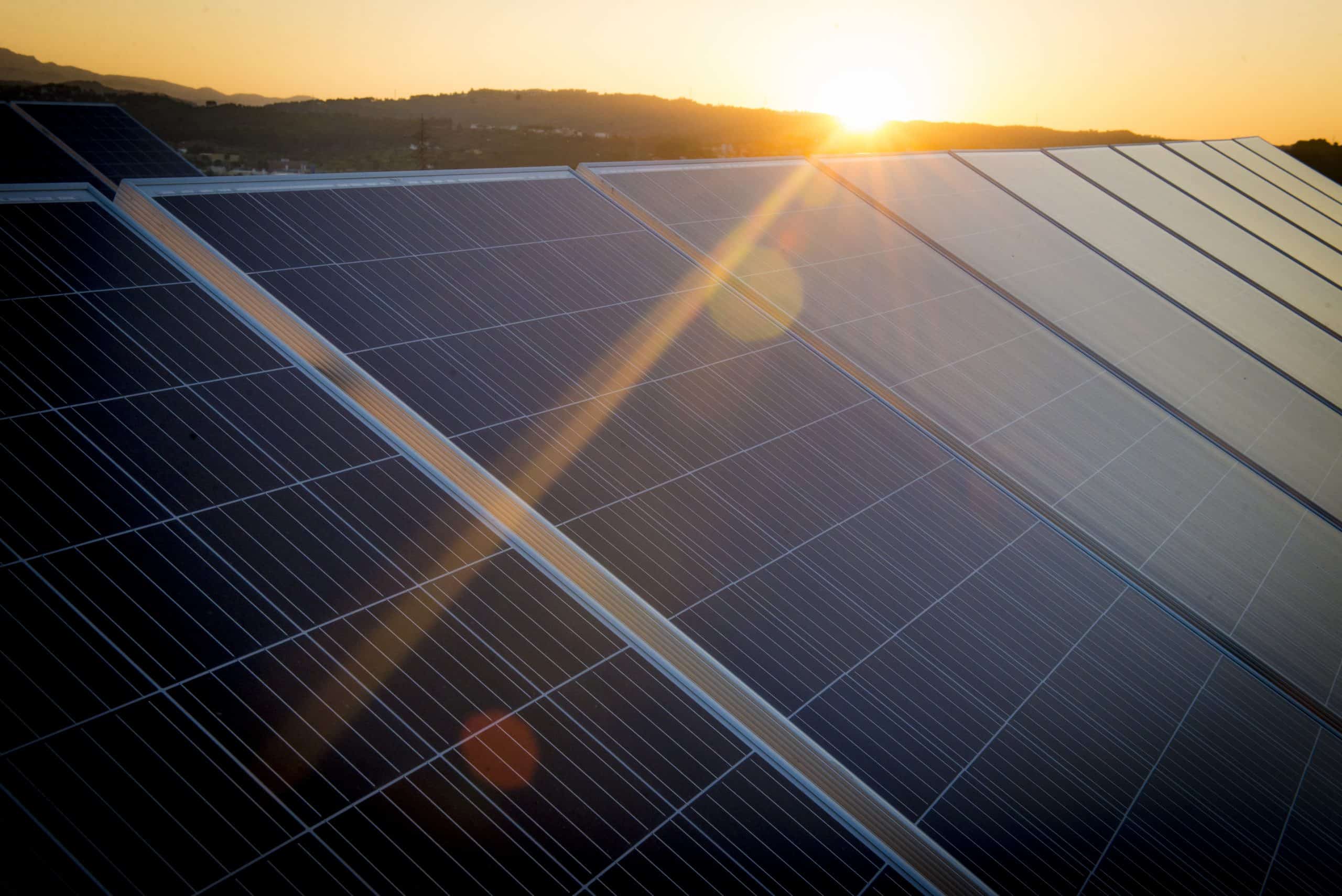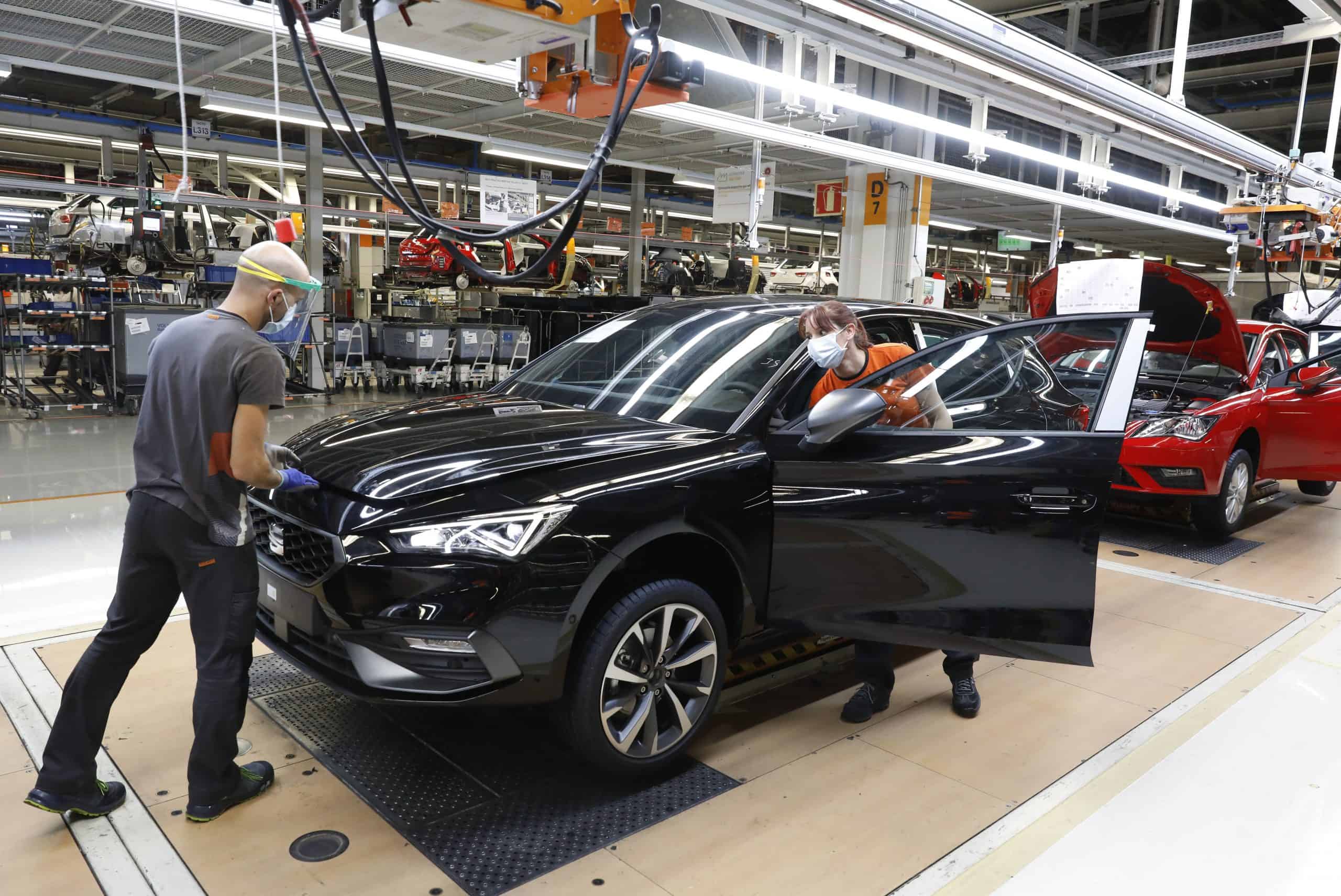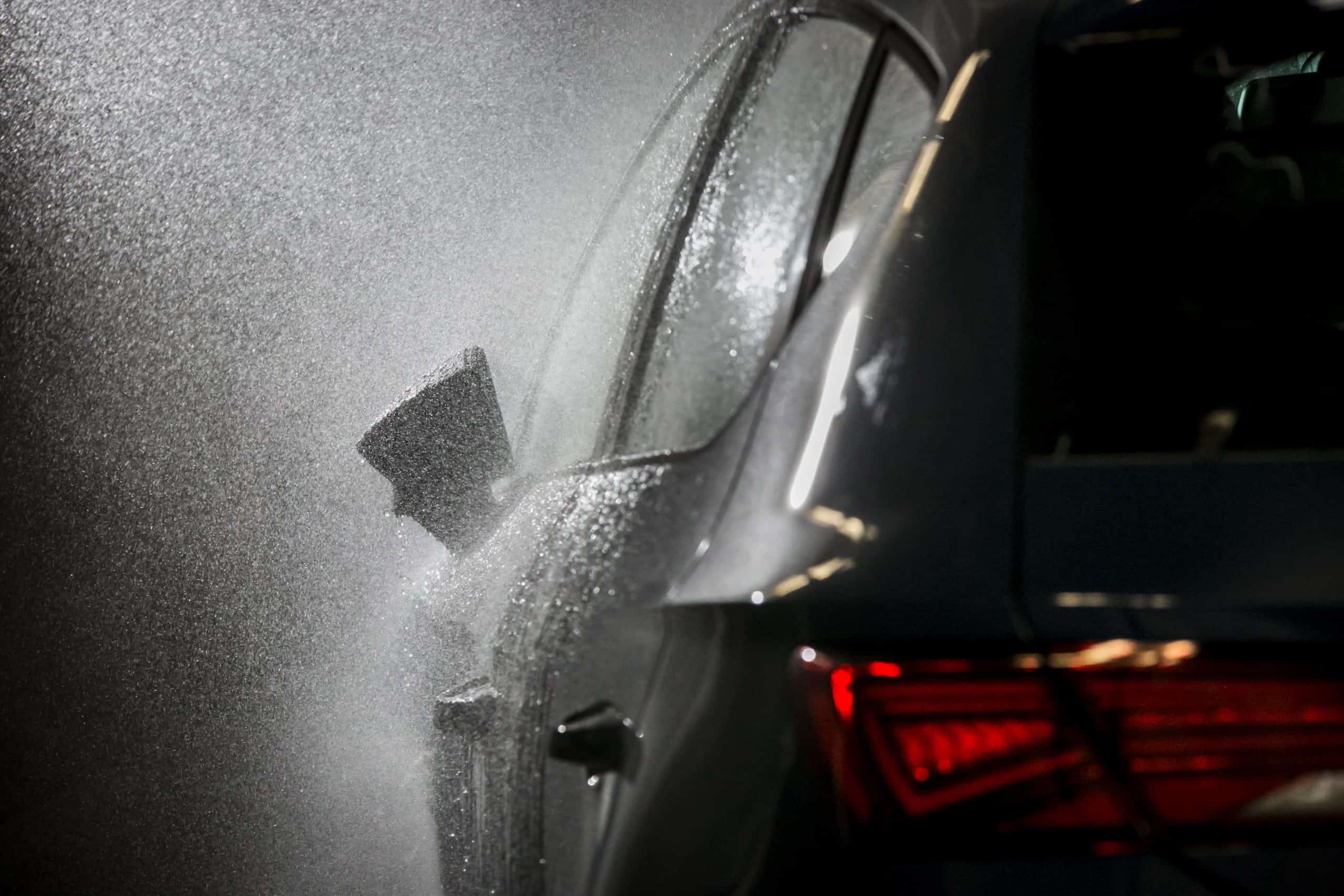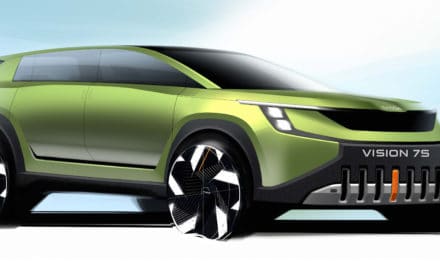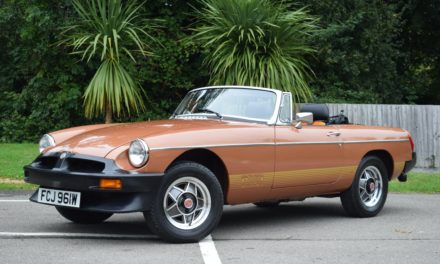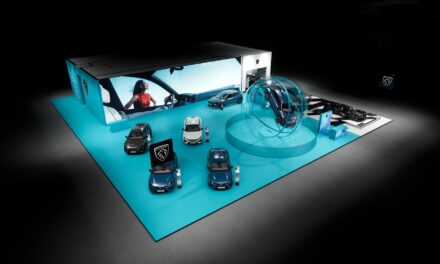
SEAT Achieve Significant Reduction In Its Carbon Footprint.
SEAT has reduced its five main production-related environmental emitters by 43 per cent since 2010.
The Spanish carmaker has successfully reduced its energy (26%) and water (32%) consumption, waste generation (58%), volatile organic compounds (23%) and CO2 (65%) in the past decade.
The progress represents a major step towards achieving the objectives set for 2025, which targets a reduction of environmental footprint derived from production by 50% compared to 2010.
SEAT Vice-president for Production and Logistics Dr. Christian Vollmer commented: “SEAT has a clear commitment to the environment. That is why we have been working for several years with the aim of minimising the environmental impact of our business as much as possible. Since 2010, we have cut our footprint by 43% and reduced CO2 emissions from production by 65%. Our goal is to continue to improve day by day to contribute to protecting the planet.”
In 2019, the company invested 27 million euros in environmental initiatives focused on producing less waste and more efficiently treating or recycling any waste generated. As a result, SEAT reduced waste by 38.5% in a single year, achieving a 58% reduction since 2010, and waste destined for disposal has gone down by two kilos per vehicle produced.
- 22 tonnes of plastic per year has been eliminated from the production cycle by minimising packaging destined for disposal, improving waste separation and treatment, as well as replacing employee plastic bottles with re-usable ones.
- 2,400 tonnes of CO2 emissions are no longer emitted each year due to the plant now recovering energy from the paint drying oven chimneys. This results in annual savings of 11.7 GWh in natural gas consumption, the equivalent of the needs of 2,400 homes in an entire year.
- Water is now recycled and reused in the paint shop used to spray paint the vehicles. Rather than wasted, it’s now separated, cleaned and returned to the process in a closed loop, saving a significant volume of fresh water consumption every year.
Environmental commitment;
The reduction of environmental impact is one of the cornerstones of SEAT’s sustainability strategy. Launched in 2010, the objective was to minimise the impact on the environment of the SEAT Martorell factory by at least 50% by 2025. In 2019, it achieved at 43% reduction.
This aim is aligned to Volkswagen Group’s ‘Move to Zero’ goal. The aim is to minimise the environmental impact of all mobility products and solutions throughout their lifecycle – from the procurement of raw materials, production and to the end of their useful service life – and to contribute to the common long-term vision to be a carbon-neutral company (Volkswagen Group) by 2050.
About SEAT;
SEAT is the only company that designs, develops, manufactures and markets cars in Spain. Member of the Volkswagen Group, the multinational has its headquarters in Martorell (Barcelona), exports 80% of its vehicles, and is present in 80 countries on all five continents. In 2019, SEAT sold 574,100 cars, the highest figure in the history of the company.
The SEAT Group employs over 15,000 professionals and has three production centres – Barcelona, El Prat de Llobregat and Martorell, where it manufactures the highly successful Ibiza, Arona and Leon. Additionally, the company produces the Ateca in the Czech Republic, the Tarraco in Germany, the Alhambra in Portugal and the Mii electric, SEAT’s first 100% electric car, in Slovakia.
The multinational has a Technical Centre, which operates as a knowledge hub that brings together 1,000 engineers who are focused on developing innovation for Spain’s largest industrial investor in R&D. SEAT already features the latest connectivity technology in its vehicle range and it is currently engaged in the company’s global digitalisation process to promote the mobility of the future.

